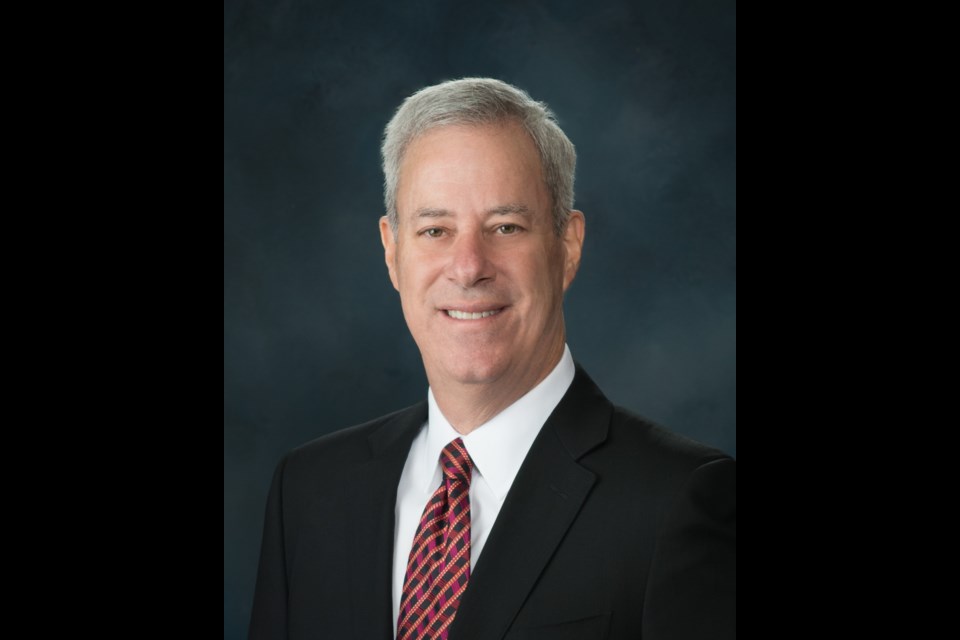Researchers from seven institutions across Arizona are the leads for a prestigious grant expected to total $15.7 million over five years from the National Institute on Aging (NIA), part of the National Institutes of Health (NIH), to provide continued support for the Arizona Alzheimer’s Disease Research Center (ADRC).
ADRCs are congressionally designated NIH Centers of Excellence. They play crucial roles in the National Plan to Address Alzheimer’s Disease, the advancement of Alzheimer’s disease and related dementias research and care, and the effort to find effective ways to treat and prevent these devastating diseases as soon as possible.
The ADRC grant will support Arizona’s pioneering contributions to Alzheimer’s research and care in several important ways by:
- Introducing and supporting the development of talented researchers and clinicians from diverse backgrounds to Alzheimer’s disease research and care.
- Providing education programs and outreach services for people affected by the disease including their family caregivers, programs to raise awareness about research opportunities for people with and without the disease and foster the inclusion of individuals from Arizona’s Hispanic/Latino, Native American and other underrepresented communities.
- Generating and providing widely shared resources of data and biological samples from annually assessed research participants, supporting hundreds of researchers inside the state and around the world.
“We could not be more grateful to our participating researchers and institutions, the state and NIH for the chance to make a profound difference in Alzheimer’s disease research and care,” said Eric M. Reiman, MD, director of the NIA-supported Arizona ADRC and executive director of Banner Alzheimer’s Institute. “In addition to our other goals, we hope to become a go-to resource for the development of promising blood tests, find effective Alzheimer’s prevention therapies within the next five years, and capitalize on our ADRC resources to support these endeavors.”
Since becoming the first multi-institutional research program to receive an ADRC grant in 2001, Arizona has become the most extensive statewide collaboration in Alzheimer’s research in the country. The Arizona ADRC has made ground-breaking contributions in the early detection diagnosis, study, and prevention of Alzheimer’s disease, studies of the aging mind and brain, and the roles of brain imaging and emerging blood-based biomarkers in these endeavors.
The new grant will help establish the role of promising blood tests in Alzheimer’s research, clinical trials and clinical care, and will support Arizona’s efforts to help find effective prevention therapies by 2025.
The Arizona ADRC includes researchers from seven organizations: Arizona State University (ASU), Banner Alzheimer’s Institute, Banner Sun Health Research Institute, Barrow Neurological Institute, Mayo Clinic Arizona, the Translational Genomics Research Institute (TGen) and the University of Arizona (UArizona). Together, they provide shared resources to support the detection, tracking, diagnosis, study, treatment and prevention of Alzheimer’s disease and related dementias, the training of researchers and clinicians from diverse backgrounds, and the inclusion of persons from underrepresented groups through seven core areas. These core areas include:
- The Administrative Core led by Dr. Eric Reiman from Banner Alzheimer’s Institute and associate directors Dr. Richard Caselli from Mayo Clinic Arizona and Dr. Jessica Langbaum from Banner Alzheimer’s Institute with additional leadership provided by Andrea Schmidt from Banner Alzheimer’s Institute. This core includes a Developmental Project Program led by UArizona’s Dr. Carol Barnes. It provides leadership, support, and the organizational structure for the statewide ADRC.
- The Clinical Core led by Dr. Caselli and co-led by Dr. Alireza Atri from Banner Sun Health Research Institute. It includes five locations across Arizona which follow about 550 research participants per year (with and without the disease), many of whom donate their brains after they die.
- The Biomarker Core led by Dr. Gene Alexander from UArizona and co-led by Drs. Atri and Thomas Beach from Banner Sun Health Research Institute; Dr. Yi Su from Banner Alzheimer’s Institute; and Dr. Matthew Huentelman from TGen, an affiliate of City of Hope. It oversees the acquisition and analysis amyloid and tau PET scans, MRIs, cerebrospinal fluid (CSF), blood samples and DNA, provides a shared resource of biological specimens for the field, and will provide a go-to resource for the diagnostic validation of emerging blood tests.
- The Data Management and Statistics Core led by Dr. Kewei Chen and co-led by Don Saner, both from Banner Alzheimer’s Institute, and includes multi-institutional data management and statistical teams to provide a shared resource of privacy protected data for the field, develop powerful data analysis tools, and provide data analysis services, mentorship and support for numerous researchers inside and outside the state.
- The Neuropathology Core led by Banner Sun Health Research Institute’s by Drs. Beach and Geidy Serrano. It oversees a rapid brain and body donation program, provides comprehensive neuropathological assessments and provides a resource of high-quality brain tissue to hundreds of researchers around the world each year.
- The Outreach, Recruitment, and Engagement (ORE) Core led by Dr. David Coon from ASU’s Edson College of Nursing and Health Innovation and Dr. Langbaum. It provides a wide range of education, outreach and engagement programs for people with and without the disease, their families and professional caregivers, including those from Arizona’s rapidly growing Hispanic/Latino community, Native American communities and other underrepresented groups. It works closely with the Clinical Core to support their inclusion in research studies to advance the fight against Alzheimer’s disease together.
- The Research Education Component (REC) led by Dr. Roberta Brinton from UArizona and Dr. Heather Bimonte-Nelson from ASU. It provides education and innovative collaborative training opportunities for researchers and professional caregivers, including those from diverse backgrounds and underrepresented groups, to help establish the next generation of researchers.
The Arizona ADRC is funded by NIH grant P30AG072980.



